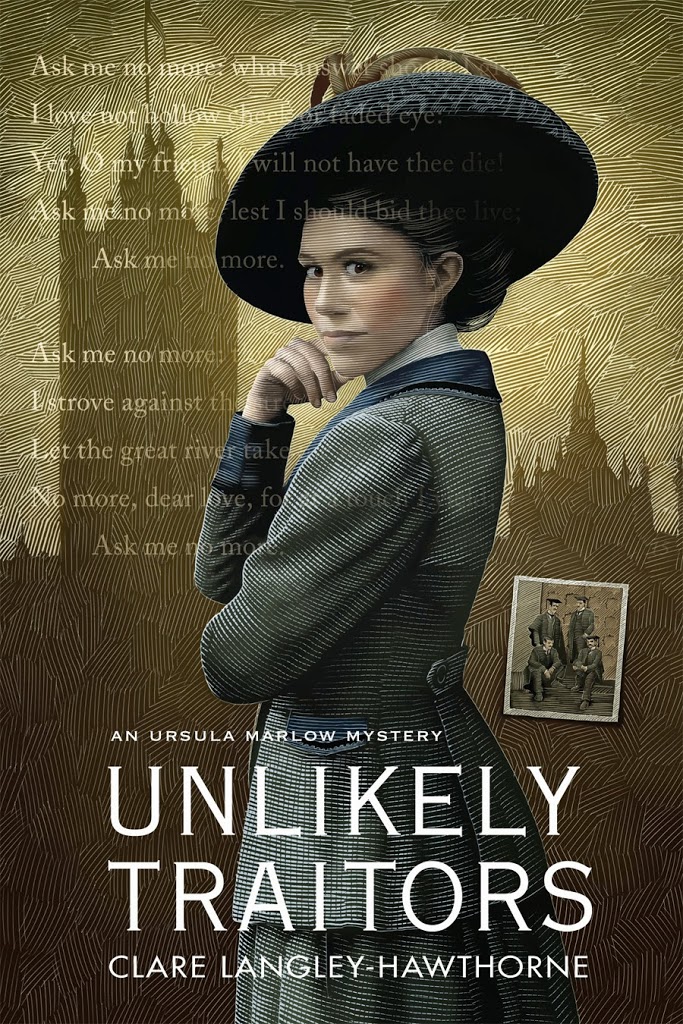Yesterday I read a great piece by Lev Grossman (author of the Magicians trilogy) on finding his author voice through writing fantasy fiction (‘Finding my Voice in Fantasy‘). He admitted that he felt something was missing in the two ‘literary’ novels he had published and that, when he was producing those works, the writing came slow and hard as if he hadn’t quite found his ‘voice’ yet. For Grossman it was writing fantasy, and the liberation of writing against the literary expectations he had imposed on himself, that gave him the chance to discover his true ‘voice’ in his writing.
For Grossman “it was the most profound, intense writing experience I’d ever had. The icy grip of reality on my fiction cracked, and a torrent of magic came rushing out”. I love that line – for it encapsulates beautifully the experience of truly being in the writing ‘zone’ when your author voice takes over and allows the story to emerge.
I’ve recently delved into the writing world of YA and middle grade fiction and what occurred to me was most surprising. I expected my YA voice would be an easier one to access (I still feel most days like I’m 16 after all…) but instead, it was the middle grade world that set my voice free. Maybe it’s because I feel attuned to my nine year old twin boys’ world, perhaps it’s because I still read aloud to them each night and these books tend to be for the most part middle grade fantasy novels…who knows? Whatever the reason I felt the exact sense of liberation that Grossman describes.
I remember when I was writing my first book, Consequences of Sin, I certainly felt as if I was channeling the voice of my heroine Ursula Marlow – and when I returned to writing the third book in the series, Unlikely Traitors, that voice was inside me, ready to be channeled once more. I hesitated before deciding to write a middle grade book because I wasn’t really sure I’d be able to access that kind of ‘voice’ within me. To my surprise the voice that emerged was just as strong as Ursula’s.
The upshot of all this, is that I think many writers need to dabble in different genres to explore aspects of ‘voice’ which they may never have expected. I know plenty of writers who consider themselves ‘literary’ and, by default, superior to those of us who write commercial or genre fiction. For many of them the act of writing is a struggle (sometimes I wonder if they feel that the angst of it all somehow adds to the mystique). I wonder, if they allowed themselves the freedom to explore other genres, whether they would discover a new and more accessible ‘voice’ within them. I can only hope that others take Grossman’s lead and realize, as he did that:
Isn’t that great?!
So tell me TKZers how did you discover your writer’s voice?

